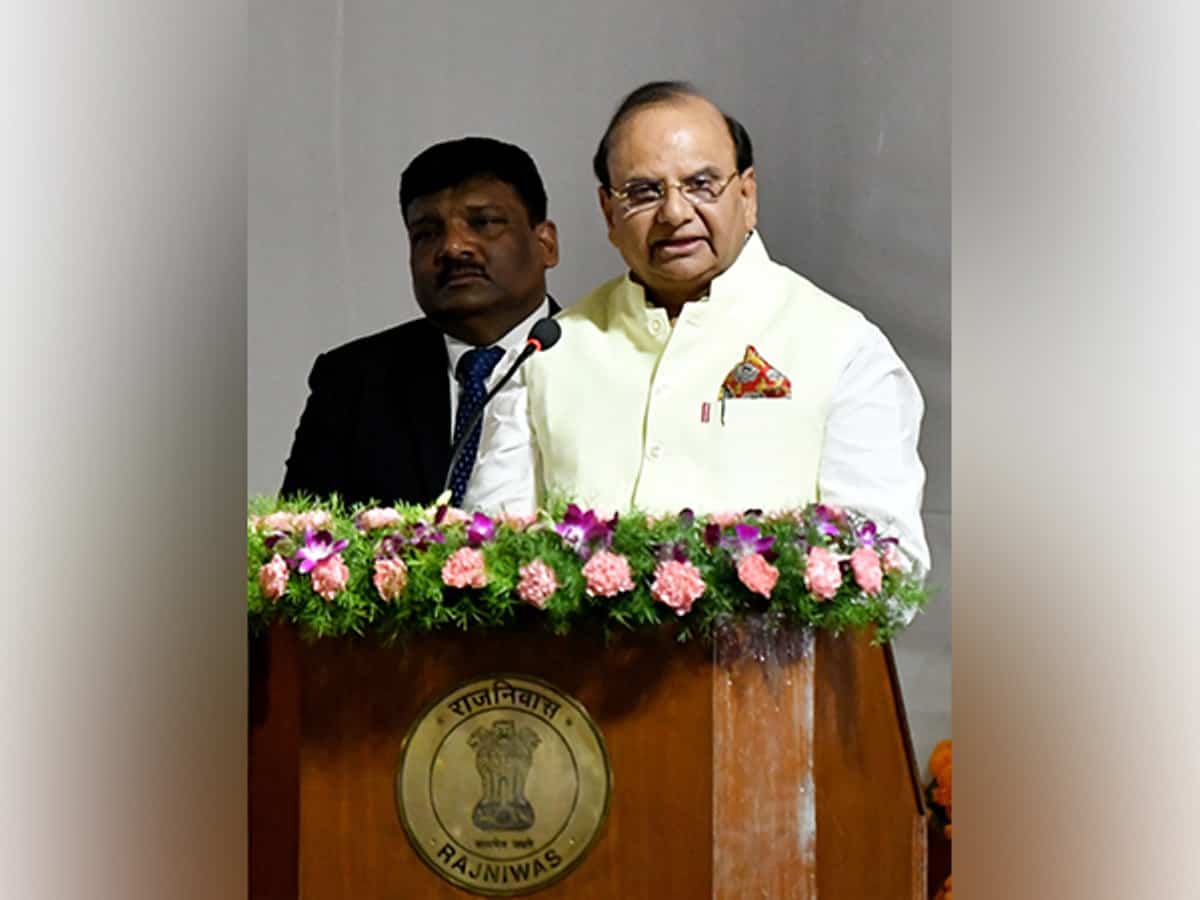
New Delhi: Lt Governor VK Saxena has approved and forwarded a proposal to the Union Home Ministry for issuance of a notification to implement a Telangana law in Delhi which allows the police to take offenders in preventive custody, officials said.
In June, the Delhi Police had sought approval for issuance of the notification to extend the Telangana Prevention of Dangerous activities Act, 1986, to the Delhi government citing “a need for stringent legislation for prevention and effective control” of criminal activities, they said.
The Act is applicable for prevention of activities of boot-leggers, drug traffickers, land grabbers, those involved in adulteration of food, making fake documents, snatching, robbery, arms running, sale of drugs, gambling, sexual offences, cyber crime among others.
According to officials, Saxena has approved and sent the Delhi Police’s proposal to the MHA for issuance of notification under Section 2 of the Union Territories (Laws) Act, 1950 for extending the Telangana Prevention of Dangerous activities Act, 1986.
The MHA will take a decision in this regard, officials said.
“The cited Act enforced in the state of Telangana is an effective legislation which provides for preventive detention of desperate criminals and members of the organized syndicates whose criminal activities affect adversely or are likely to affect adversely the maintenance of public order,” officials said.
If approved by the MHA, the Lt Governor will have the authority to order detention of a person “from acting in any manner prejudicial to the maintenance of public order”.
It also has sufficient embedded provision to prevent any misuse of the Act by providing an advisory board to ratify detention and their extension,” officials added.
All detention under the Act will be subject to ratification by the advisory board. In case the board does not ratify any detention, the person will be released, officials said.
“The period of such detention shall not in the first instance exceed three months and the maximum period of detention shall not be more than 12 months from the date of detention.
“In every case where detention order has been made under this Act, the government shall within three weeks from the date of detention of a person, place the matter before an advisory board constituted by the government for this purpose,” officials said.
The advisory board shall consist of members who have been judges or are qualified to be appointed as judges of a High Court, they added.



